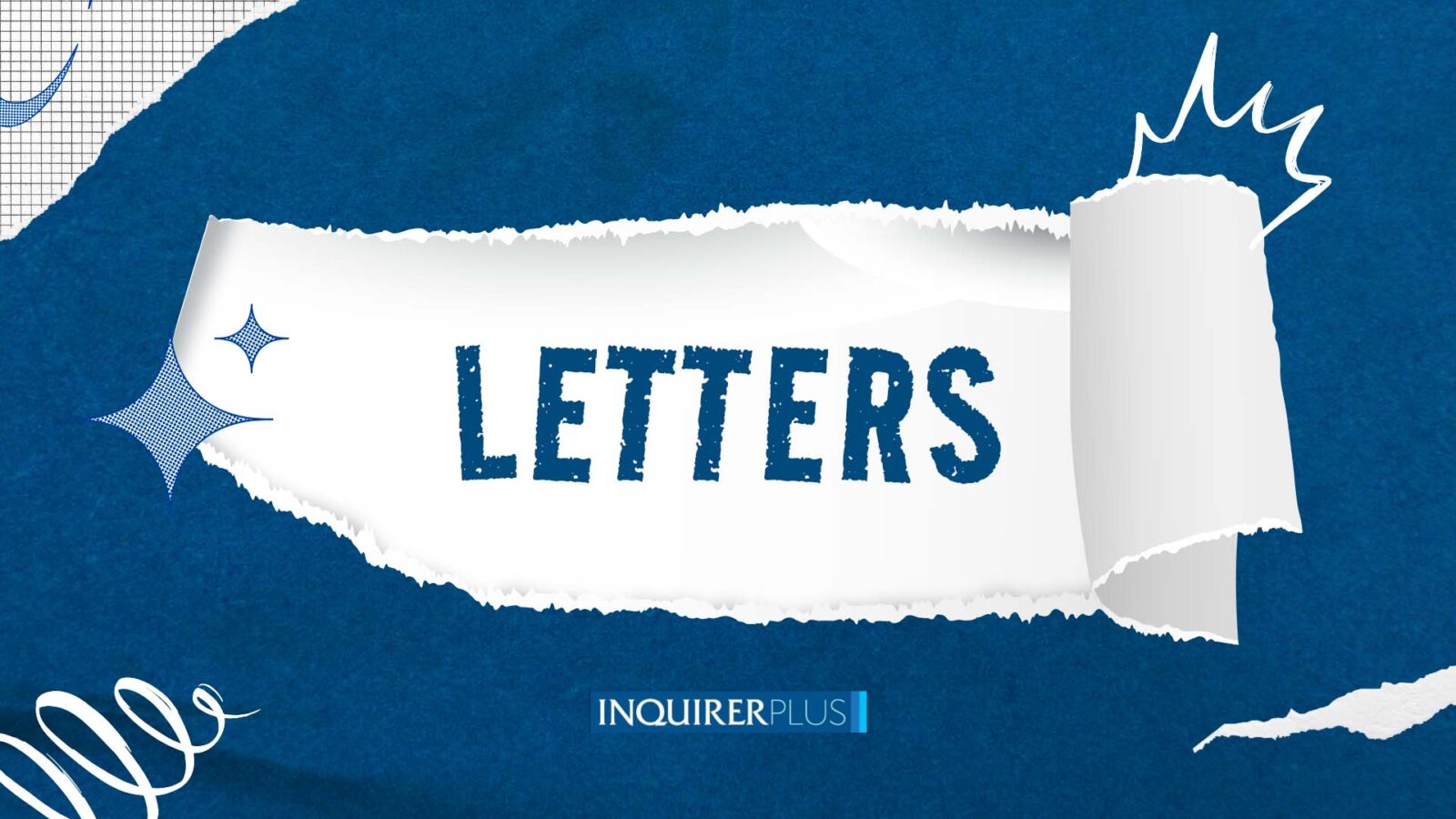SALN: a potent tool against corruption

Given the present public mood, everyone should be careful not to fuel anger, however well-meaning their actions.
Everyone should avoid coming across as unsupportive of the statement of assets, liabilities, and net worth (SALN), a public transparency tool to address corruption in government.
Those who cannot commit to this should not be in government. They should not run for office or accept an appointment. All too often, those opposing transparency are the crooks in government. No one is above the law.
Those who occupy elective or appointive government positions become a public figure, who must ipso facto be transparent in their words, deeds and their personal situations, including the all-important concern of conflict of interest.
The statements of some government officials, especially Executive Secretary Lucas Bersamin, on the strict access to SALNs of officials do not help President Marcos address or quell the public anger.
There should be no exception to the submission or public availability of SALNs. No one is above the law in the Philippines.
If the concern of a risk to physical harm is an issue, it should not deter the best tool we have to fight graft and corruption.
The SALN form can be redesigned so that sensitive information that could put an individual at physical risk is on a separate page or redacted.
No one—not even justices, senior government officials, ordinary bureaucrats, or politicians—should be exempted from public scrutiny. Any public servant is subject to public scrutiny and if warranted, held to account.
There are many examples of those in power who are involved in graft in exchange for corrupt accommodations.
All too often, graft and corruption occur because of their negligence in addressing the corruption problem within their ranks or areas of supervision and responsibility.
Truth is, many officials enjoy the gains of graft, but, to escape accountability, they make sure that they do not expose themselves to any risk of frontline activities that would warrant their share of the graft.
People who don’t believe in transparency as a tool to address corruption should not be in government.
If you look closer, all too often, the people opposing transparency are the crooks in government No one is above the law; we are all equal under the law.
ROMEO G. DAVID,
romeogdavid@gmail.com

















